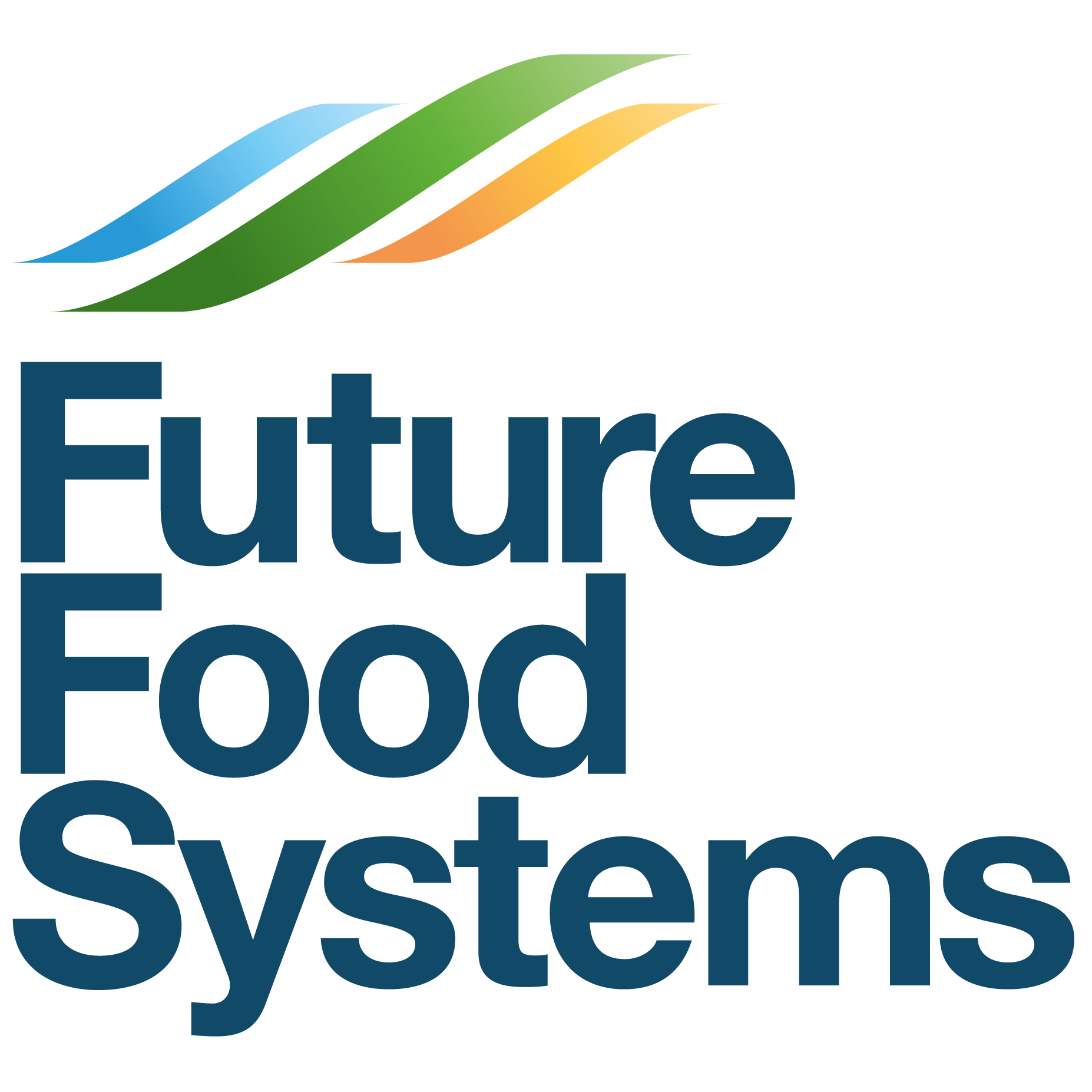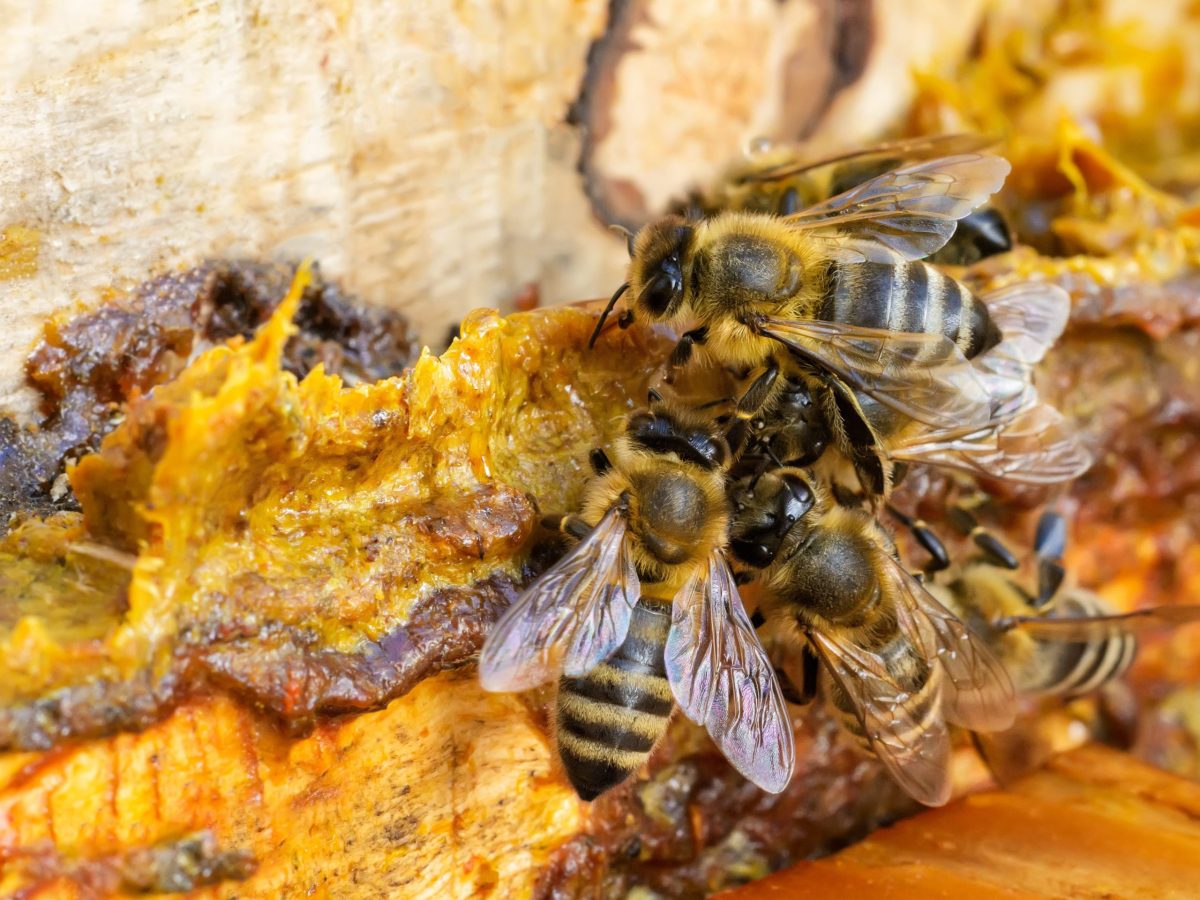A University of the Sunshine Coast (USC) research team has identified, for the first time, 16 types of nutrient-rich propolis, also known as ‘bee glue’, in beehives across Australia.
Propolis is typically discarded Down Under as a ‘nuisance by-product’ but is harvested in other nations including China, New Zealand and Brazil for use in the multi-million-dollar health supplements and cosmeceuticals industries.
The South East Queensland-based team, led by USC’s Dr Trong Tran and Dr Peter Brooks, found that Aussie-bee-produced propolis – including propolis scraped from four beehives in South-East Queensland – contained enough antioxidants and other chemically bioactive components to drive development of a new national industry for propolis-based food products and health supplements.
Beekeeper Murray Arkadieff of Farmgate Honey, whose hives near Ipswich were found to contain some of the most active propolis samples in Queensland, told AgriFutures the positive findings opened opportunities for a new revenue stream for Australian beekeepers and more jobs in the sector.
The two-year research collaboration received funding from Capilano honey brand owners Hive + Wellness Australia, and from AgriFutures Australia.
Source: Antioxidant bee glue creates buzz for new Australian industry I AgriFutures
Lead image: Bees creating propolis. New research has found that Australian beehives contain 16 types of high-grade, nutrient-rich propolis suitable for use in high-value health products. Credit: Shutterstock

